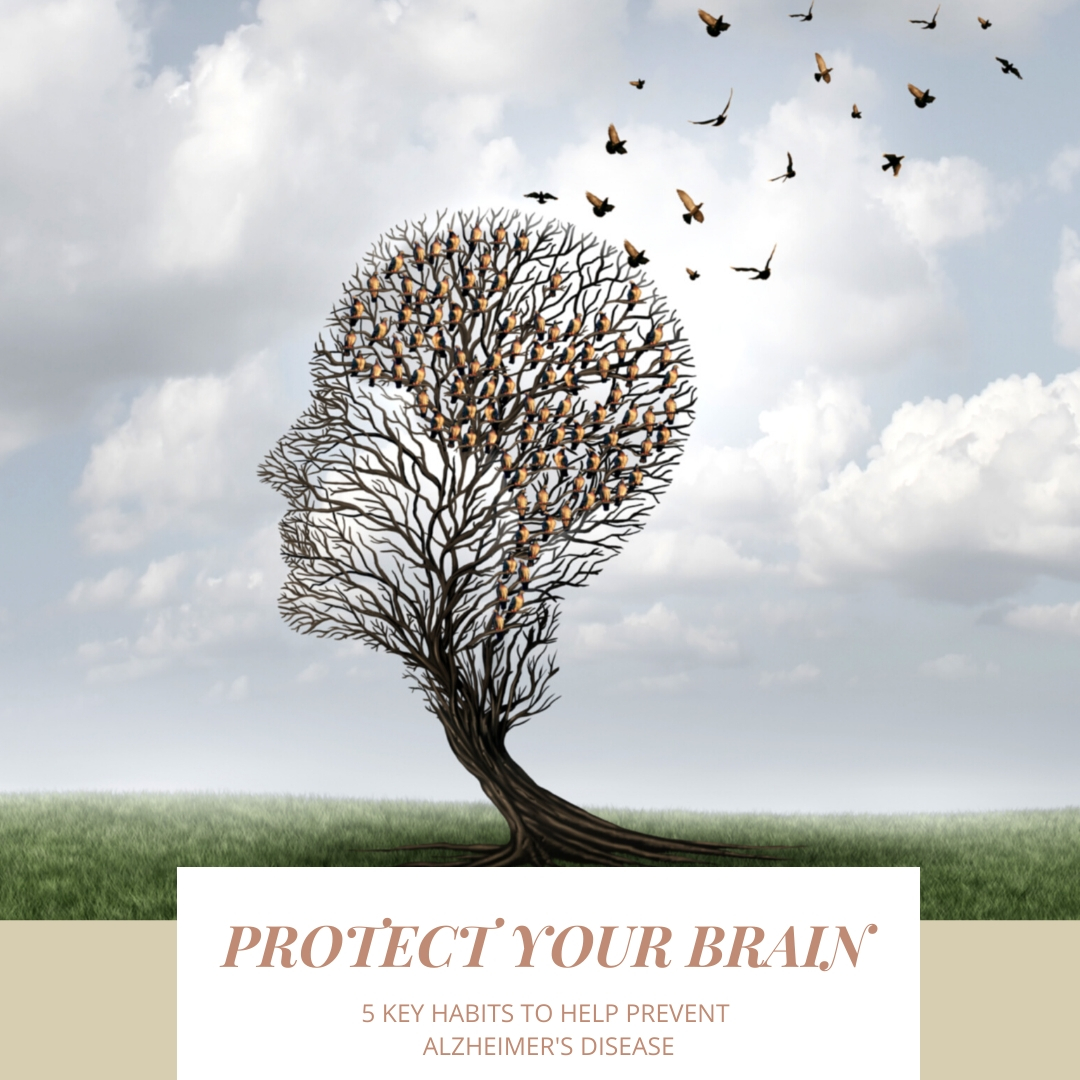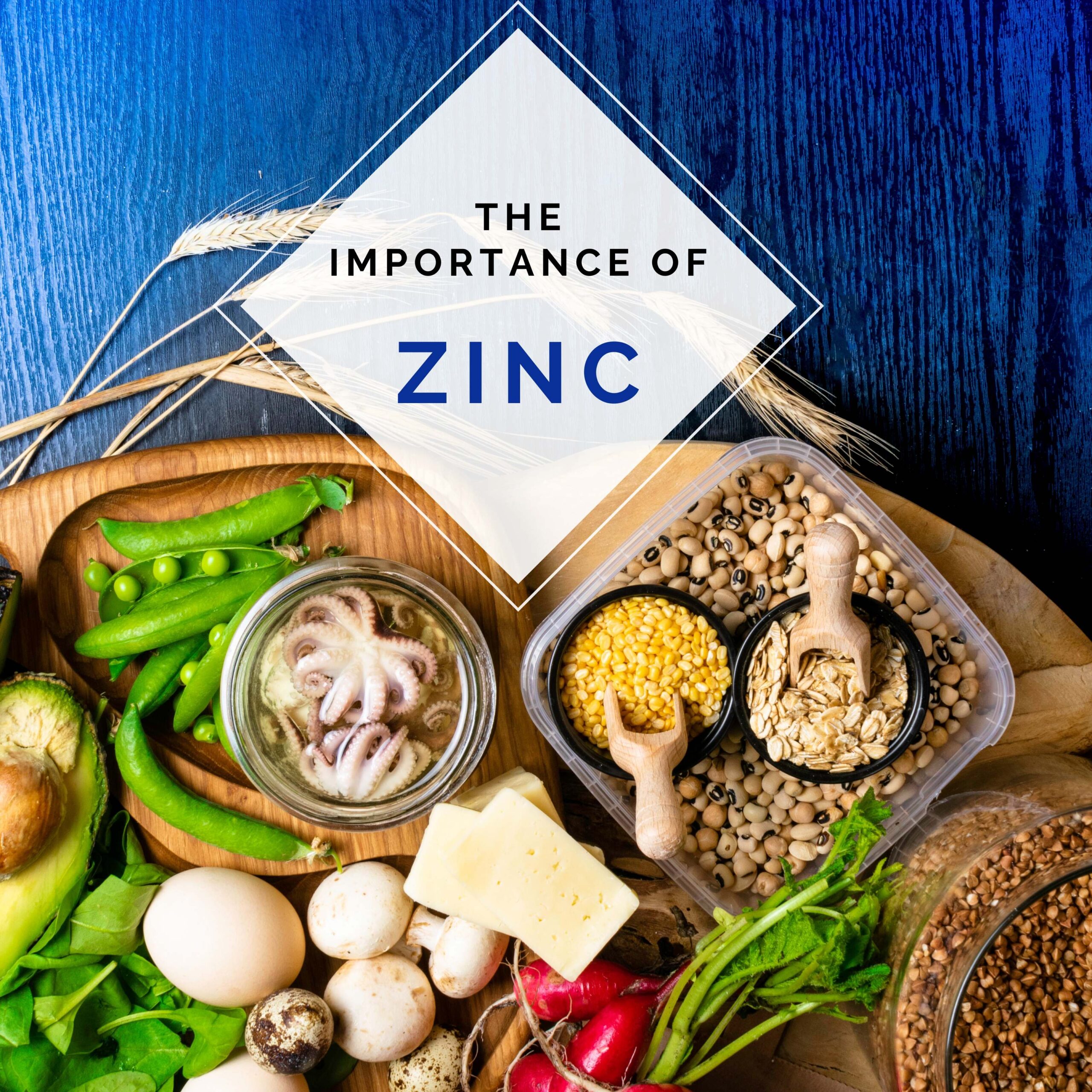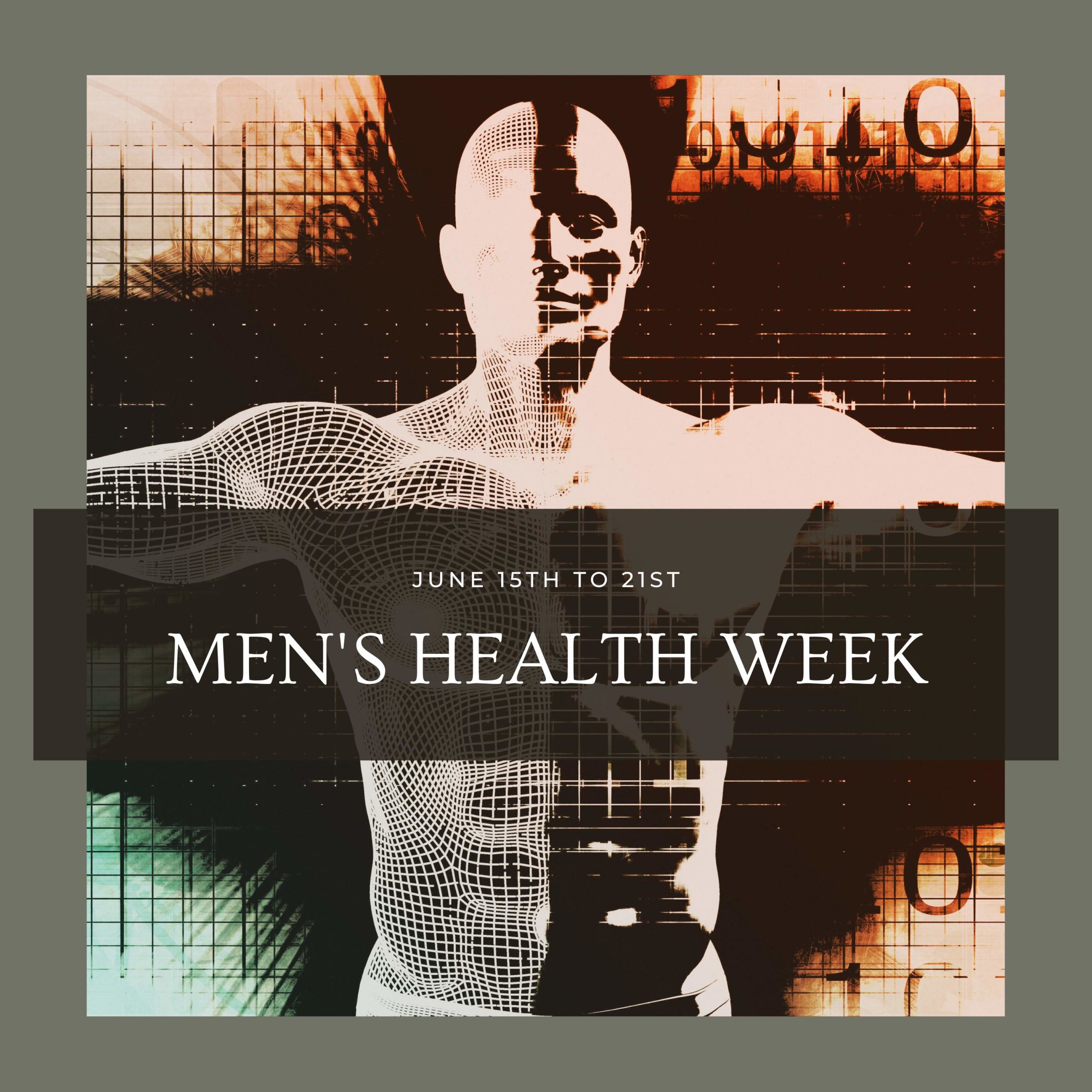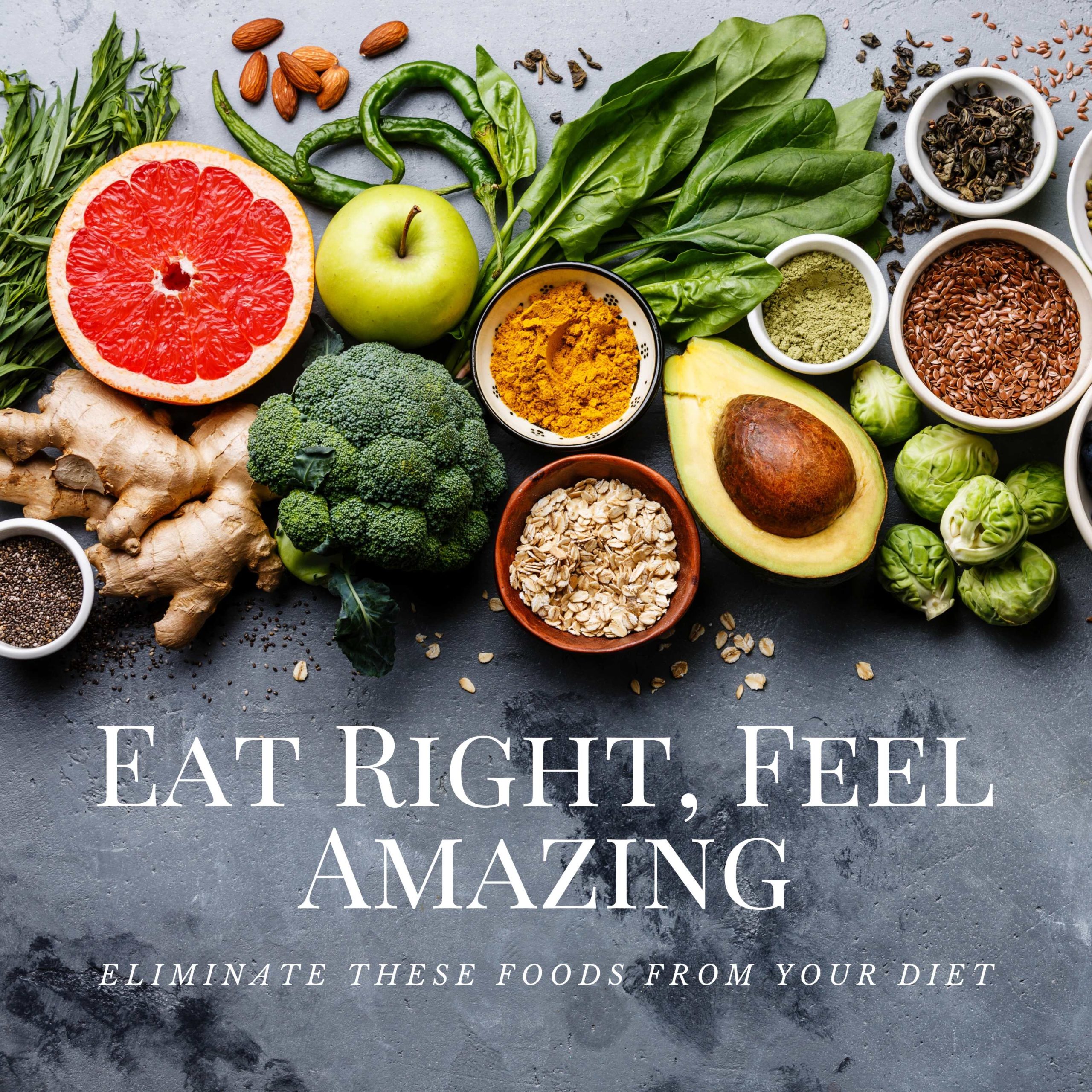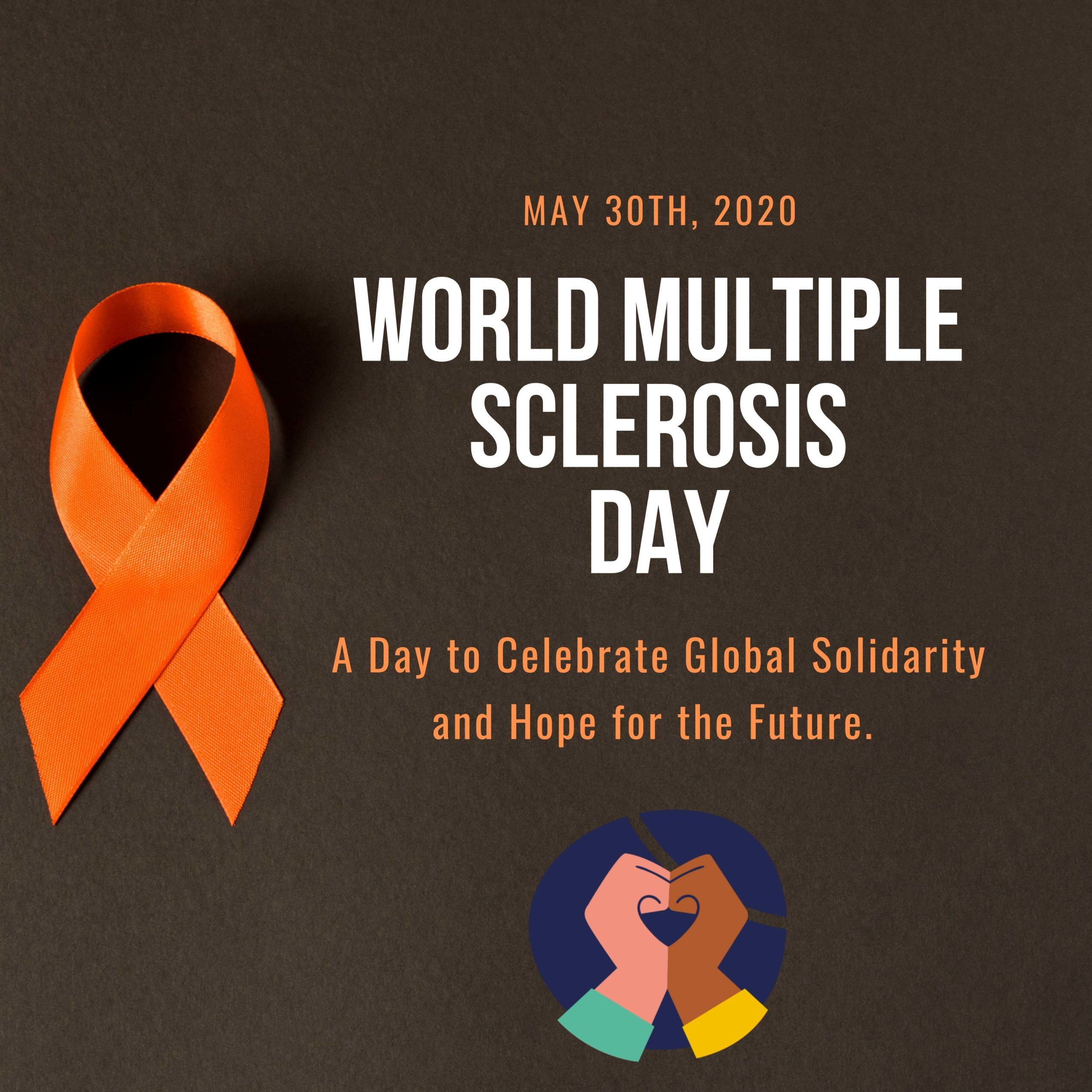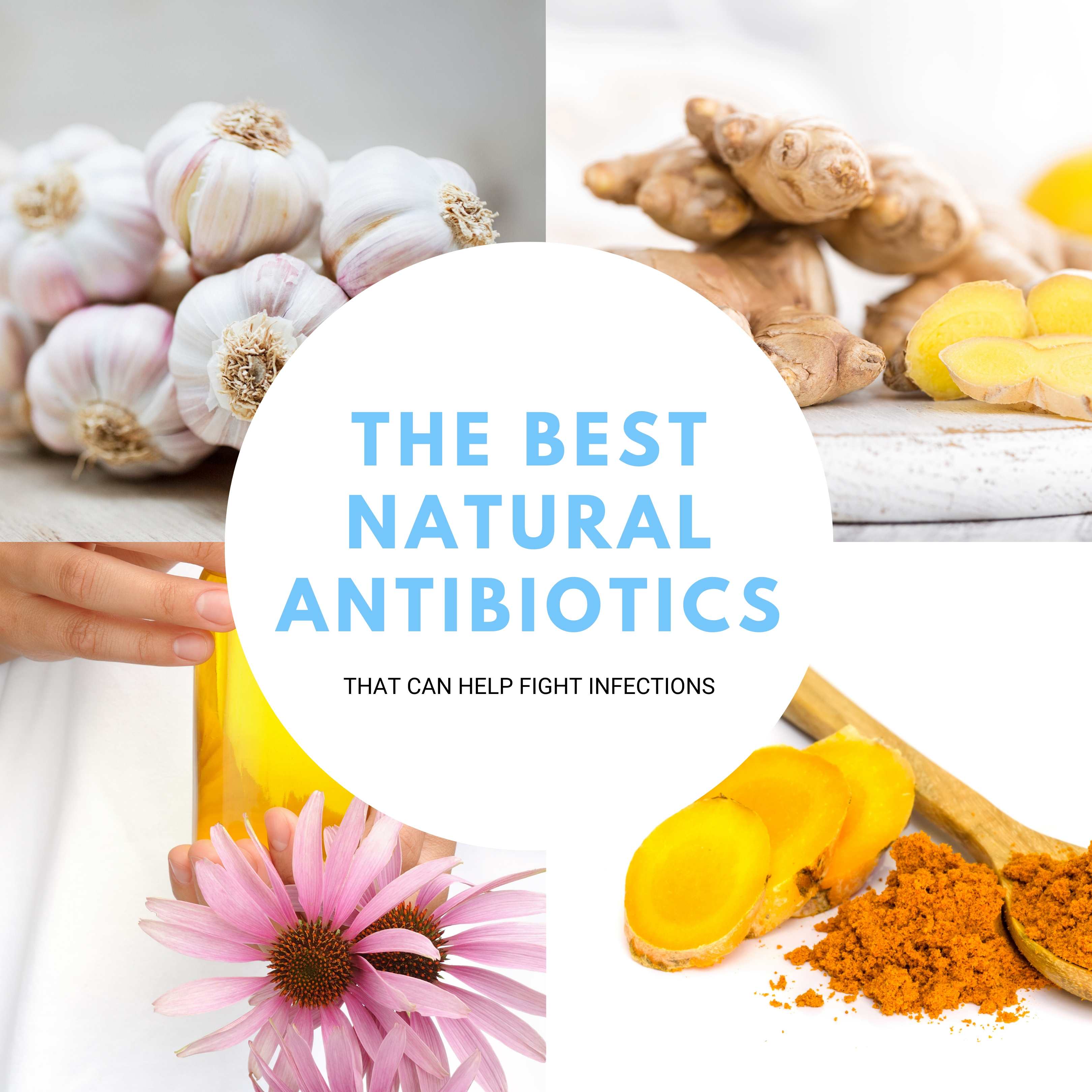Why Am I So Tired?
By Joanie in Lifestyle Tips on 2 August 2020
We all go through periods of feeling overly tired for reasons as obvious as, too many late nights, a restless night’s sleep or stress. However, if tiredness goes on too long it can really start to affect your performance at work, your overall mood and your ability to enjoy life. Unexplained tiredness can often be caused by underlying health conditions, so it is always important to speak to your GP if you’re experiencing fatigue for a long period of time.
Here are some of the reasons why you might be feeling tired more than normal:
Physical Causes of Fatigue
1.) Anemia: One of the side effects of an iron deficiency is tiredness. A simple blood test will show if you are Anemic.
2.) Underactive Thyroid
3.) Sleep Apnea / or Restless Sleep – Your body does many things while you sleep, including store memory and release hormones that regulate your metabolism and energy levels. If you are not getting enough quality sleep it can cause you to feel extremely tired the next day.
4.) Pregnancy – The hormonal changes while you are pregnant are often responsible for pregnancy fatigue. Your body is also producing more blood to carry nutrients to your growing baby and your blood sugar levels and blood pressure are also lower.
5.) Vitamin Deficiencies – You may be deficient is certain vitamins and minerals that contribute to energy levels. A simple blood test check can test for these deficiencies.
Lifestyle causes of fatigue
1.) Being under or over weight.
2.) Not having a healthy diet – Food Sensitivities or not eating the right types of food can have major effects on our energy levels.
3.) Alcohol – Alcohol consumption can interfere with the quality of your sleep. Try to stick to the guidelines of no more than 14 units a week.
4.) Exercise – Too much or too little can really effect how tired you feel.
Psychological causes of Fatigue
1.) Stress – Excessive, prolonged stress can cause physical and emotional exhaustion.
2.) Depression – Sadness or feeling low can really effect your body and energy levels causing you to lack energy even after you wake up.
3.) Anxiety – As well as feeling worried and irritable, people with anxiety can also experience fatigue from it.

